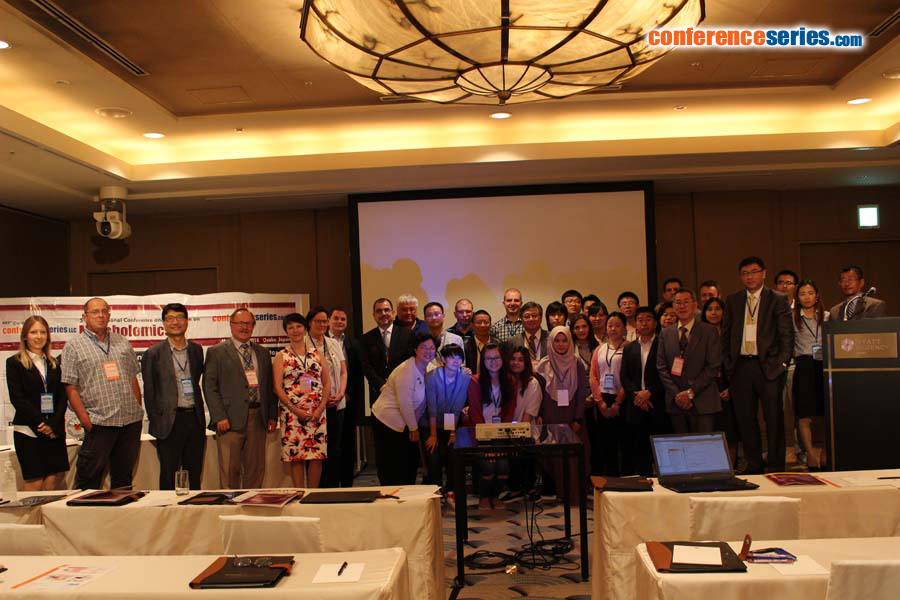Eugenia Trushina
Mayo Clinic College of Medicine, USA
Title: Mitochondrial complex I as a target for neuroprotection
Biography
Biography: Eugenia Trushina
Abstract
Neurodegenerative diseases are characterized by progressive neuronalloss that affects individuals’ cognitive and motor functions. Examples include Alzheimer's disease (AD), Parkinson's disease (PD), amyotrophic lateral sclerosis (ALS) and Huntington's disease (HD). Molecular mechanisms of neurodegeneration are not completely understood hindering the development of efficacious therapeutic treatments. The number of people living with dementia around the world is now estimated at 44 million, and is expected to rise to 76 million by 2030 and to 136 million by 2050. In the USA, AD currently affects more than 5 million Americans, with numbers expected to be 13.8 million by the year 2050. This is a terrible epidemic with no effective treatment and with multiple failed clinical trials focused on prevention of amyloid beta production. Alternative approaches are urgently needed. Despite different etiology of neurodegenerative diseases, they share some of the molecular mechanisms including protein aggregation, loss of mitochondrial function and increased oxidative stress. However, treatments with mitochondria-enhancing compounds or antioxidants did not provide a relief and failed clinical trials. In the recent years, a counterintuitive approach where a reduction of mitochondrial function using pharmacological inhibitors or genetic manipulations of the electron transport chain has been shown to induce positive cellular adaptation enhancing health and life span in model organisms and in humans. We demonstrated that mild inhibition of mitochondrial complex I with small molecules reduces levels of amyloid beta and phospho-Tau and averts cognitive decline in three preclinical animal models of AD. Modulation of complex I activity augmented mitochondrial bioenergetics increasing coupling efficiency of respiratory chain and neuronal resistance to oxidative stress. Metabolic signatures obtained in plasma and brain tissue of AD mice treated with these small molecules allowed monitoring target engagement and confirms the proposed mechanism. I will discuss current stage of the development of mitochondria-targeted small molecule-based therapeutics, progress in the understanding of the molecular mechanism, and strategies for successful translation of this approach to humans.




